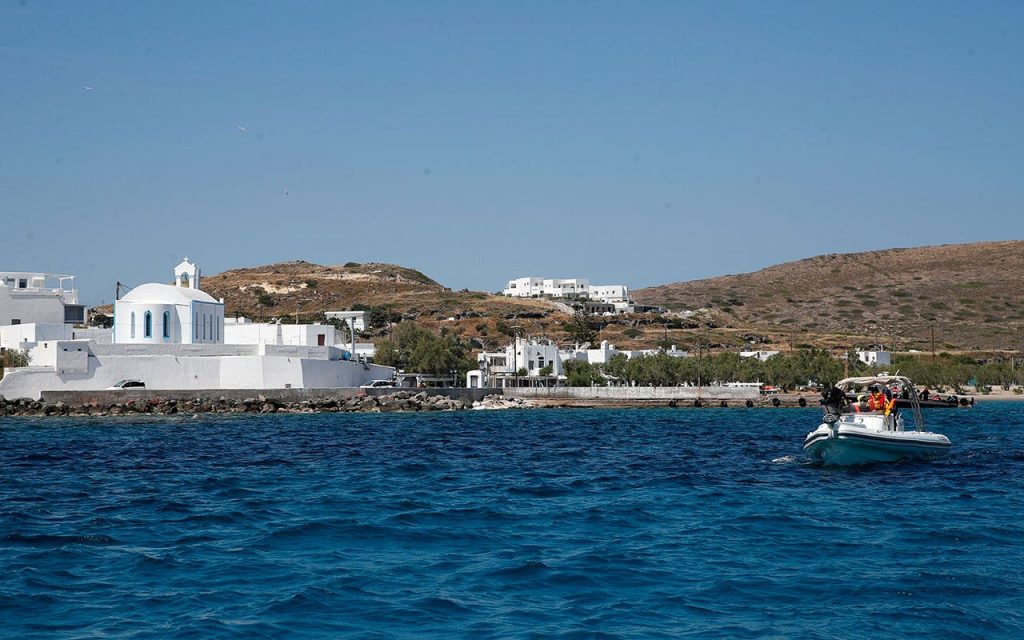Greece plans to establish two large marine parks covering over 30 percent of its waters in the Ionian and Aegean Seas, with an aim to protect biodiversity and marine ecosystems. Prime Minister Kyriakos Mitsotakis announced this expansion of marine protected areas , which would involve banning harmful fishing practices and utilizing new monitoring technologies. The plans for these marine parks are part of an $830 million program and will be formally announced at an international oceans conference in Athens. However, environmental organizations have criticized the initiative for not going far enough in protecting the marine environment, especially given certain practices like energy exploration in sensitive marine environments that are still allowed in the country.
The international oceans conference being held in Athens aims to address the climate crisis and the crisis of the ocean, with countries coming together to propose actions to tackle these issues. Greece, with one of the longest coastlines in the Mediterranean and thousands of islands and islets, is set to create new marine parks in the Ionian and Aegean Seas. Mitsotakis stressed that the government is increasing the size of marine protected areas, banning harmful fishing practices, and enforcing these commitments using new technologies to monitor the marine environment. The agenda of the conference is to catalyze global action against these pressing issues, but environmental organizations have called for stronger commitments from Greece to ensure proper environmental protection.
Despite Greece’s efforts to establish marine parks and expand marine protected areas, organizations like Greenpeace and the World Wildlife Fund have called for concrete measures to protect the world’s marine environment. Greece has been criticized for allowing deep-sea seismic exploration for energy and mineral resources in the Hellenic Trench, a critical habitat for various marine animals, including sperm whales. The protection of the entirety of the Hellenic Trench has been questioned, with critics stating that the marine parks plan does not go far enough in addressing the threats faced by marine life in the region. The need for substantial funds over the coming decades to transition to a green economy has been highlighted, emphasizing the importance of efficiency, science, and investment in meeting these environmental challenges.
Turkey, Greece’s neighbor and regional rival, has expressed annoyance over Greece’s plan to establish marine parks. Turkey’s foreign ministry accused Athens of exploiting environmental issues to advance its geopolitical agenda, while also referencing the longstanding territorial disputes between the two countries in the Aegean. Despite recent improvements in bilateral relations, tensions remain high between Greece and Turkey, with Ankara viewing Greece’s marine parks plan as another attempt to benefit from international platforms to assert its interests. This situation reflects the ongoing complexities in the relationship between the two NATO members, with environmental issues adding a new dimension to their longstanding disputes.
In response to Turkey’s criticism, Greece’s foreign ministry dismissed Ankara’s accusations of politicizing an environmental issue, highlighting the country’s commitment to environmental protection. The establishment of marine parks and the expansion of marine protected areas in the Ionian and Aegean Seas are part of Greece’s efforts to safeguard biodiversity and marine ecosystems, recognizing the importance of taking concrete actions to protect the world’s oceans. The tensions between Greece and Turkey over this issue demonstrate the challenges in balancing environmental conservation with geopolitical interests, underscoring the need for dialogue, cooperation, and international collaboration to address the complex issues facing the marine environment in the region.















